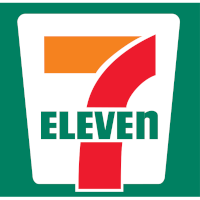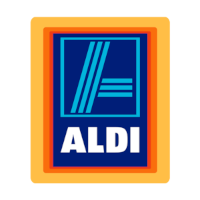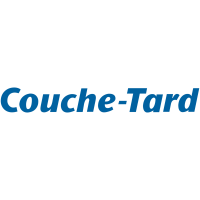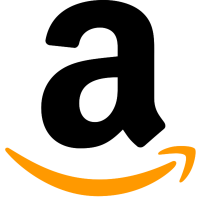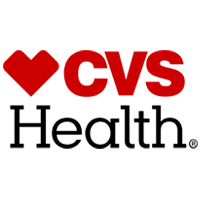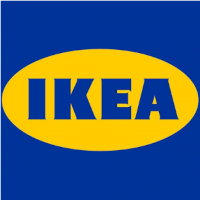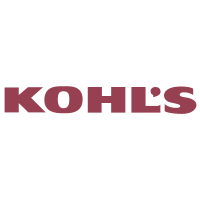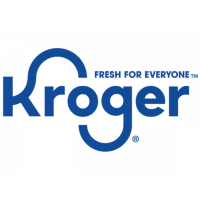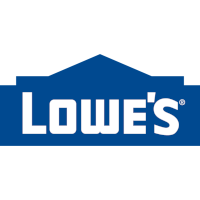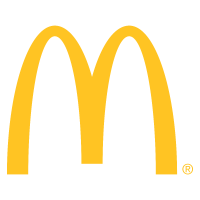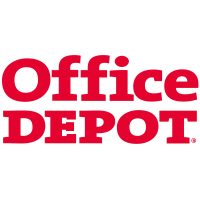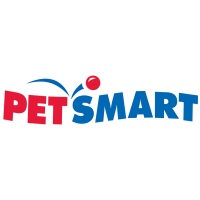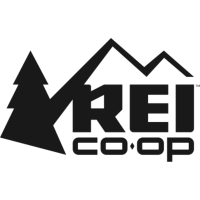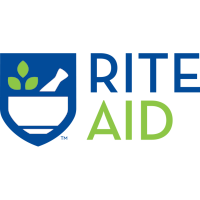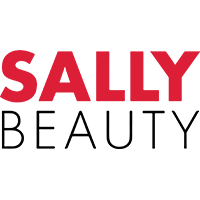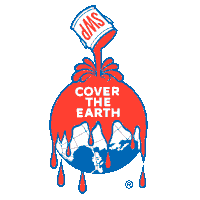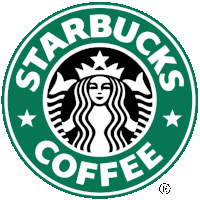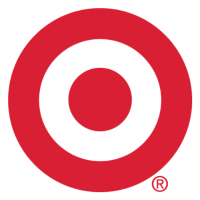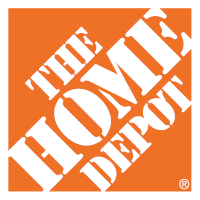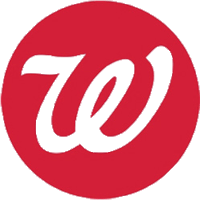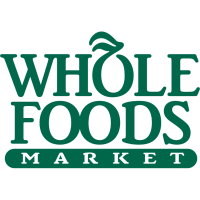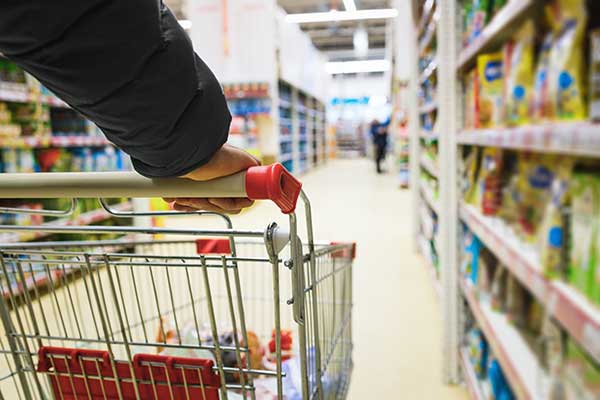Key Findings and Recommendations
- Corporate Commitment: Staples has a safer chemicals policy, which includes a preference for safer alternatives. Staples should participate in the Chemical Footprint Project survey to improve its chemicals management and publicly support governmental policies to reduce chemicals and plastics of high concern.
- Transparency: Staples requires private-label and brand-name suppliers to disclose to it all chemical ingredients in formulated products. Staples also requires disclosure of plastics for the packaging of private-label formulated products and articles. The company should expand its accountability measures to ensure supplier compliance with its chemical restrictions and evaluate its chemical footprint.
- Ban the Bad: Staples plans to develop a restricted substance list (RSL) in 2024 specific to private-label products that will build off its existing Priority Chemicals of Concern list and will include chemicals and plastics. Since March 2020, Staples has removed PFAS chemicals from its private-label molded fiber products, including plates and bowls, and prohibits PFAS in textiles used on office chairs. Staples should join other retailers in restricting a broader list of high-hazard chemicals and plastics; set public, time-bound goals for reduction; and report on its progress in meeting those goals.
- Safer Solutions: Staples has publicly adopted a definition of safer alternative consistent with Washington state. Staples’ Coastwide private-label brand includes 14 EPA Safer Choice products, and it sells approximately 162 Cradle to Cradle, EPA Safer Choice, and EPA Design for the Environment products. Staples should join other retailers by publicly committing to invest financial resources in tools and research to help its suppliers evaluate safer alternatives to chemicals and plastics of high concern.
2024 Detailed Analysis of Staples
Corporate Chemicals Policy
Adopted a safer chemicals policy
Oversight
Established management oversight
Chemical Footprint Project (CFP)
Participated in the CFP
Collaboration
Actively participates in collaborative process to promote safer chemicals
Public Policy Support
Supported governmental policies to reduce chemicals or plastics of high concern
Supply Chain Disclosure
Brands report use of chemicals or plastics in products or packaging to retailer
Supplier Accountability
Ensures supply chain accountability for chemicals or plastics restrictions
Consumer Disclosure
Brands disclose use of chemicals or plastics to consumers
Chemical Footprint Calculation
Publicly disclosed its chemical footprint
Restricted Substances List (RSL)/Manufacturing Restricted Substances List (MRSL)
Reduction/Elimination Goals
Chemicals and Plastics Reduction
Reduced or eliminated toxic chemicals or plastics of high concern
Safer alternative definition
Adopted a definition of safer alternative consistent with Washington state
Investment in Safer Solutions
Invested financial resources to advance and drive development of safer solutions
Implementation of Safer Solutions
Replaced chemicals or plastics of concern with safer solutions
Quantified Safer Products
Measured and disclosed progress towards safer products
How does Staples compare to its competitors?
Previous Grade History
NOTE: Our evaluation criteria changed in 2024. The scores from previous review years through 2021 are based on a different set of criteria measured.
Click or tap on a grade year to review additional details (where available).




